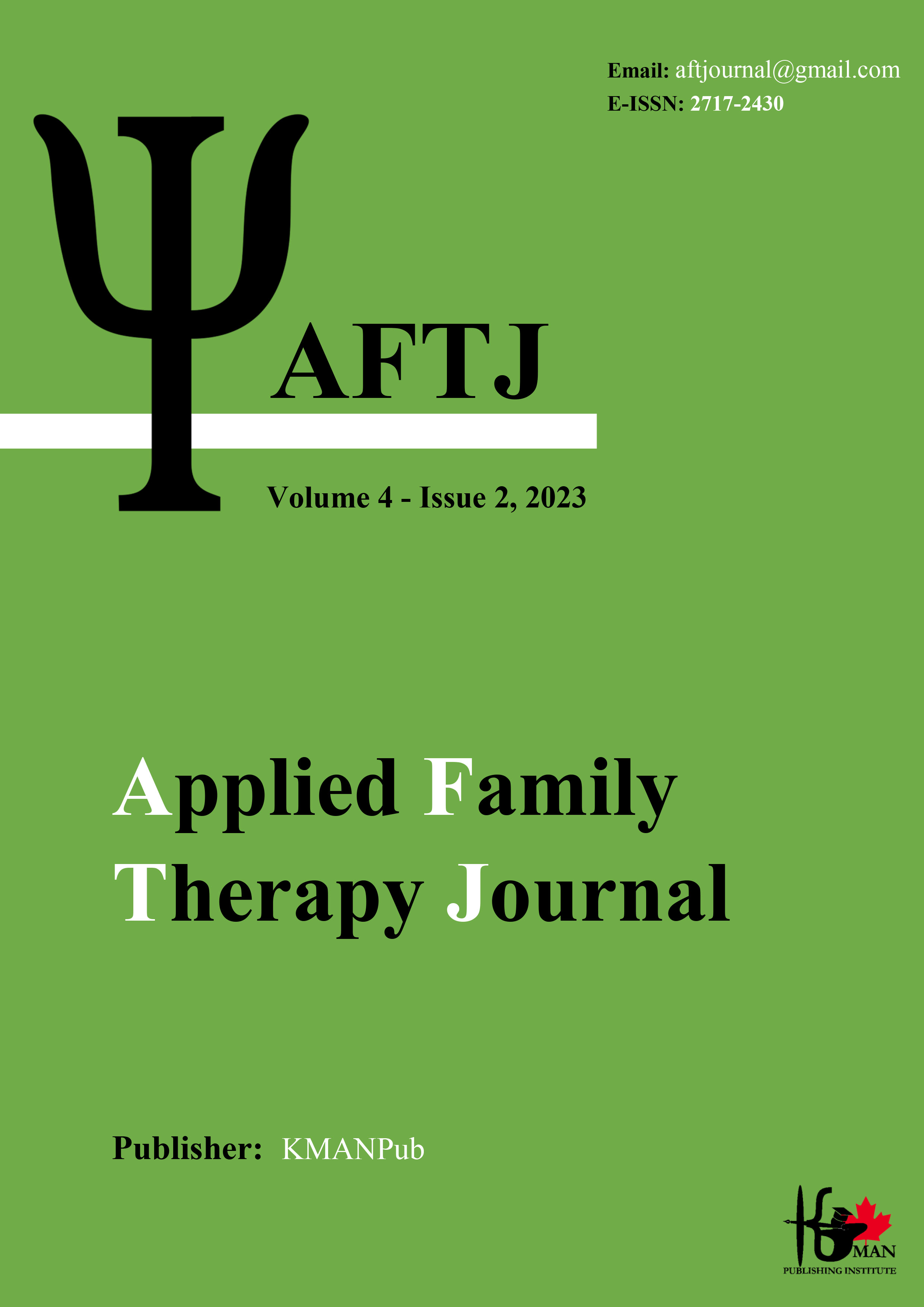Predicting psychological helplessness based on initial maladaptive schemas and coping strategies in women affected by marital infidelity
Keywords:
Psychological helplessness, early maladaptive schema, coping strategiesAbstract
Aim: The aim of this study was to predict psychological helplessness based on initial maladaptive schemas and coping strategies in women affected by marital infidelity. Method: The present study is descriptive-correlational in terms of method. The statistical population included all women involved in the issue of marital infidelity (spouse) who referred to counseling centers in District 5 of Tehran in 2021. 210 people were selected by convenience sampling method. Data collection tools included the Yeniseri and Kokdemir (2006) Marital Infidelity Questionnaire, the Lovibond & Lovibond (1995) Psychological Assistance Questionnaire, Lazarus Folkman (2001), and Young's Early maladaptive Schema Questionnaire (2000). Statistical analysis was performed using Pearson correlation coefficient and multiple regression method. Results: The results of the study showed that based on the initial maladaptive schema and coping strategies, psychological helplessness in women affected by marital infidelity can be predicted. Conclusion: The study of these predictor variables in premarital and family counseling is necessary to identify people at risk.
Downloads
Downloads
Published
Issue
Section
License

This work is licensed under a Creative Commons Attribution-NonCommercial 4.0 International License.





















